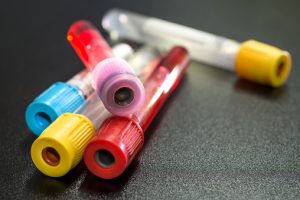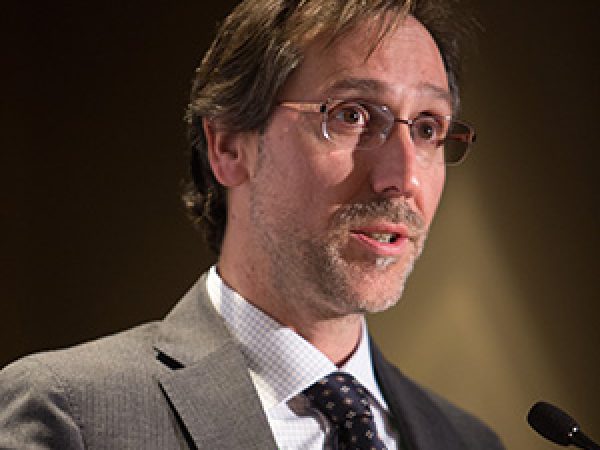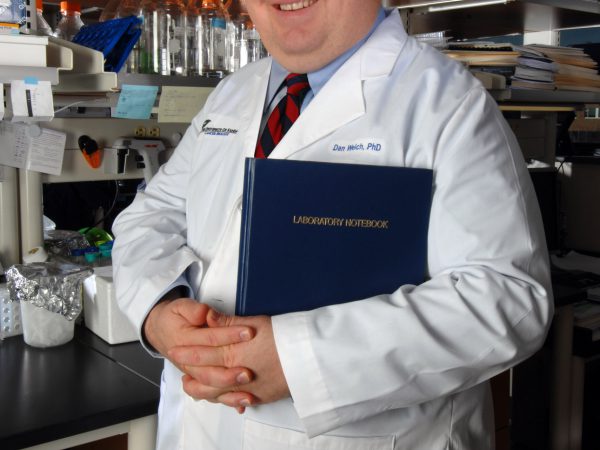AACR Team Science Awardees Devise a Method to Detect Common Cancers Early
Early detection of cancer is arguably a holy grail in the field of cancer research. Catching the disease at an early stage could ultimately prevent thousands of deaths from late-diagnosed disease, which is more challenging to treat. Early detection tests exist for a handful of individual cancers, but no approved method can simultaneously screen for multiple types of cancer.
A team of researchers recently published an article in Science in which they describe a novel method that screens for eight common cancers. The technique, called CancerSEEK, detects aberrant levels of both genetic and protein biomarkers found in cancers. The assay identifies the presence of mutations in over 2,000 genomic positions and measures levels of eight key proteins associated with cancer. Five of the eight cancers tested – ovarian, liver, stomach, esophagus, and pancreas – do not have current screening practices in place for average-risk individuals.
 The results of CancerSEEK analysis were both sensitive and selective; a median of 70 percent of cancer cases were detected with the assay, and less than 1 percent of healthy individuals registered a false positive result. Aided by supervised machine-learning, the test was also able to pinpoint the location of the cancer to a single organ for a median of 63 percent of patients.
The results of CancerSEEK analysis were both sensitive and selective; a median of 70 percent of cancer cases were detected with the assay, and less than 1 percent of healthy individuals registered a false positive result. Aided by supervised machine-learning, the test was also able to pinpoint the location of the cancer to a single organ for a median of 63 percent of patients.
While additional follow-up studies are needed to determine the clinical utility of CancerSEEK, the test is an important step forward in the advancement of the early detection of cancers.
Several of the paper’s authors were honored by the American Association for Cancer Research (AACR) in 2017 as recipients of the AACR Team Science Award. The purpose of this award is to recognize an innovative interdisciplinary research team that has either “advanced or likely will advance our fundamental knowledge of cancer” or “has applied existing knowledge to advance the detection, diagnosis, prevention, or treatment of cancer.”
These authors were a part of the International Liquid Biopsy Initiative Team for their pioneering work in “liquid biopsies,” blood samples collected to study circulating cancer DNA. This decades-long research has culminated in significant advances for the early detection of cancer.
The award recognized the work of this interdisciplinary team for the implementation of mutations found in liquid biopsies as diagnostic biomarkers; this innovation “represents a major advance in the translation of basic research into clinical cancer applications.” Advances such as this study bring us closer to developing accurate tests to screen for multiple types of cancer.



